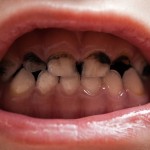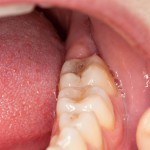
Studies have shown that the prevalence of depression in pregnant women is 7-19%. Being depressed during pregnancy can result in preterm delivery, which can in turn lead to illness and even death of the newborn child. Researchers have struggled to single out the causes of these risks. Is it the depression, the medical treatment being [read the full story…]








